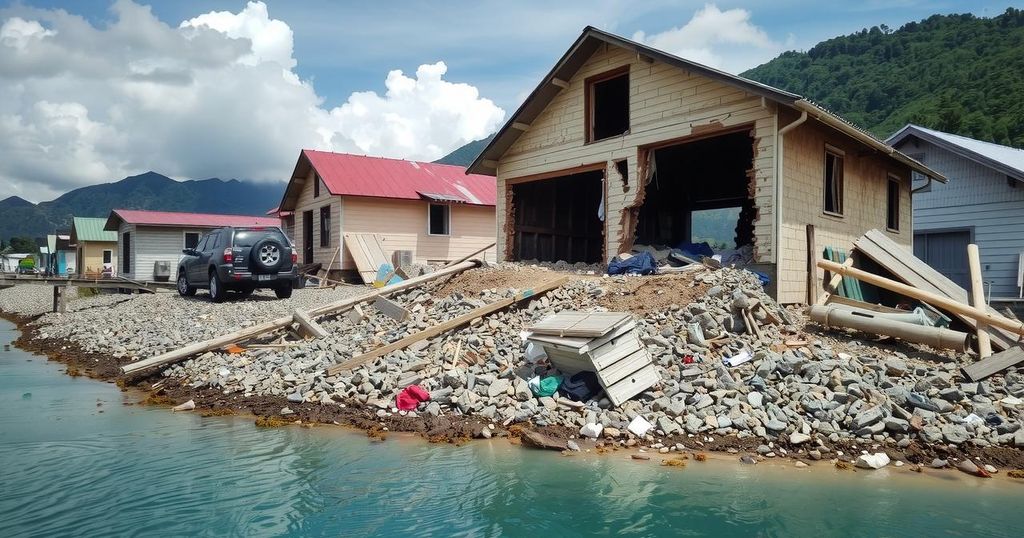Significant Historical Events of January 12, from Politics to Natural Disasters

On January 12, numerous historical events transpired, including the 1912 anti-trust testimony by Andrew Carnegie, the inaugural meeting of the Big Four in 1919 that shaped peace post-World War I, and Hattie Caraway’s election as the first woman senator in 1932. The day is also marked by the catastrophic earthquake in Haiti in 2010, which resulted in significant loss of life and ongoing repercussions, alongside a recent military response in 2024 against Houthi attacks.
On January 12, significant historical events unfolded, ranging from political developments to natural disasters. In 1912, industrialist Andrew Carnegie voiced his opposition to President Taft’s trust dissolution plans, aligning himself with the anti-trust sentiment of former President Theodore Roosevelt. The year 1919 saw notable occurrences, including the arrest of UP correspondent John Graudenz by German troops, and a pivotal meeting in Paris among the leaders of the United States, Britain, France, and Italy to deliberate on post-World War I peace terms and the establishment of the League of Nations.
In 1932, Hattie Caraway made history as the first woman elected to a full term in the United States Senate. Meanwhile, during World War II, in 1943, the U.S. Office of Price Administration announced that standard frankfurters would be substituted with “Victory Sausages,” illustrating resourcefulness during wartime constraints. The journey into space by U.S. Representative Bill Nelson aboard the shuttle Columbia in 1986 marked a significant milestone, making him part of a compelling narrative alongside Franklin Chang-Diaz, the first Hispanic American in space.
The year 1994 was marked by political drama when President Bill Clinton implored Attorney General Janet Reno to appoint an independent counsel, leading to an investigation surrounding the Whitewater land deal. A tragic incident occurred in 2006 when approximately 350 pilgrims were killed during a stampede at Jamarat Bridge in Mina, Saudi Arabia, highlighting the dangers of mass gatherings during religious observances.
Most notably, on this day in 2010, Haiti was devastated by a catastrophic magnitude-7 earthquake that claimed the lives of at least 100,000 individuals. The tremor severely compromised the nation’s already fragile infrastructure, which subsequently led to a cholera outbreak causing thousands of additional fatalities over subsequent years. Finally, a recent event from 2024 included a large-scale military retaliation by the United States and its allies against Houthi attacks in the Red Sea, underscoring ongoing geopolitical tensions in the region.
This article highlights various historical milestones, reflecting different facets of human experience, from political shifts and achievements in governance to tragedies and international relations. These events have shaped not only the political landscape but also the social fabric and international relations of the time. The earthquake in Haiti serves as a poignant reminder of natural disasters’ devastating impact on human life and infrastructure, while the political meetings and milestones showcase the evolution of governance and representation, especially regarding women’s role in politics and the complexities of post-war negotiations.
In summary, January 12 has been a date of significant historical events, illustrating the diverse nature of human experiences. From political engagements that shaped international relations to heartbreaking tragedies such as the Haiti earthquake, this day encapsulates both the triumphs and adversities faced across different eras. Recognizing these occurrences fosters a deeper understanding of history and its continuous impact on contemporary society.
Original Source: www.upi.com








